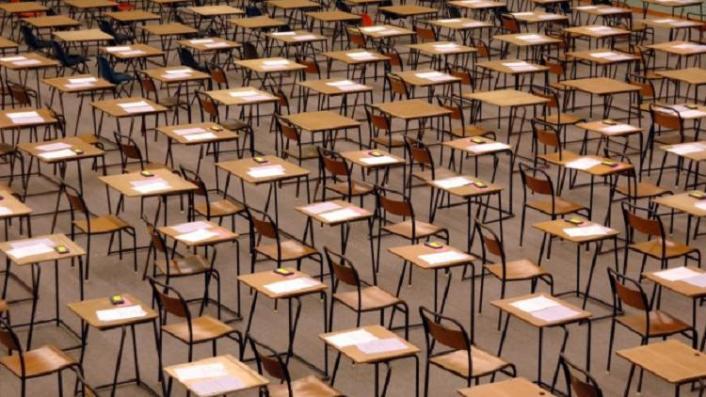Celebrating Our New Lead Schools for Music Education in Cheshire West and Wirral
On Thursday, 26th June, Edsential proudly welcomed six schools from...30 Jun 2025

Currently, A levels provide nothing more than a piece of paper – they can (and should) be built into a coherent and worthwhile programme.
If you doubt just how deep is the shadow cast by public exams over our education system, consider what, in tangible terms, students actually come away with when they finish secondary schooling. Any certificate most students receive comes from the exam administrators, not their school, and they don’t even have all their results recorded in a single place: they get them from each of the awarding bodies whose exams they sat. Thirteen years of formal education is corporeally collapsed into a handful of test results recorded on a random sheaf of exam board stationeries.
Arguably, the biggest benefit of the International Baccalaureate is the fact that, as a curriculum, it can actually be visualised; and at the end, a student comes away with more than a disparate set of test results. By contrast, A level doesn’t constitute a curriculum; its courses simply accumulate on top of one another, like building blocks but unlike Lego bricks, which actually fit together and are capable of assuming shape and structure. A level lacks an architecture.
Yet there is nothing to stop A levels being built into a coherent programme – the Singapore Junior College curriculum wraps them up into a programme that includes knowledge and inquiry and project work, as well as an expectation that students will achieve some breadth in their studies.
Closer to home, attempts have been made (for example by Mike Tomlinson) to define a framework into which A levels can fit, and which has value beyond the aggregation of exam outcomes; but political responses have been halting and half-hearted. The word “diploma” carries a curse when it comes to education reform.
This leaves the ground clear for schools to invent their own “wrappers” for an otherwise conventional A-level offer. Too often, though, the non-exam components turn out to be generic, consisting of variations around general studies and the development of soft skills. What is needed is a convincing core to the programme; something that doesn’t just bolt on to A levels but that brings it all together.
Here is an opportunity – for teachers to design courses and create content from scratch. Examples might include international relations, digital literacy, “big history”. Previous attempts have encountered the problem that curriculum components without high-stakes tests at the end are not taken terribly seriously. A solution would be to get the whole package accredited by some outside body.
It might be necessary to set the bar high and assume that only a subset of a school’s cohort will achieve the overarching diploma award. (For others, it should at least be possible to create a transcript of achievement.)
An ultramontane approach might add rules around subject combinations, for instance requiring continued study of a science or a modern language (although these need not be full A-level courses). The distinctiveness of a school’s diploma would lie in the way the components are combined, the framing of requirements regarding contrasting subjects, the height at which the bars are set, and the creation of rigorous and engaging new content.
Taken from: https://www.tes.com/news/teachers-have-opportunity-rethink-levels-if-they-take-it